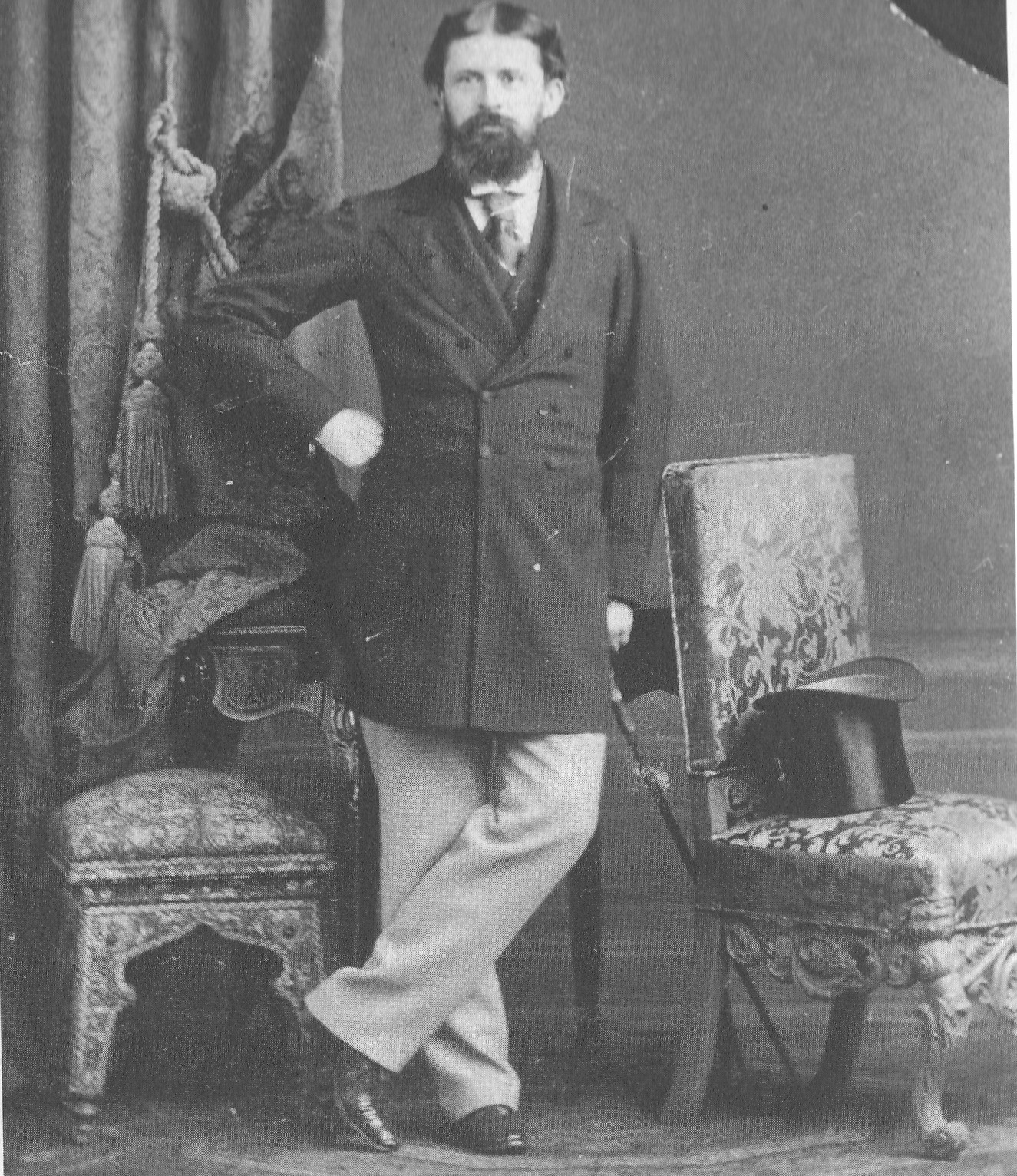
Charles Sanders Peirce biografía de este filósofo pragmatista Historia Hoy
Charles Sanders Peirce (1839-1914) was the founder of American pragmatism (after about 1905 called by Peirce "pragmaticism" in order to differentiate his views from those of William James, John Dewey, and others, which were being labelled "pragmatism"), a theorist of logic, language, communication, and the general theory of signs (which was ofte.
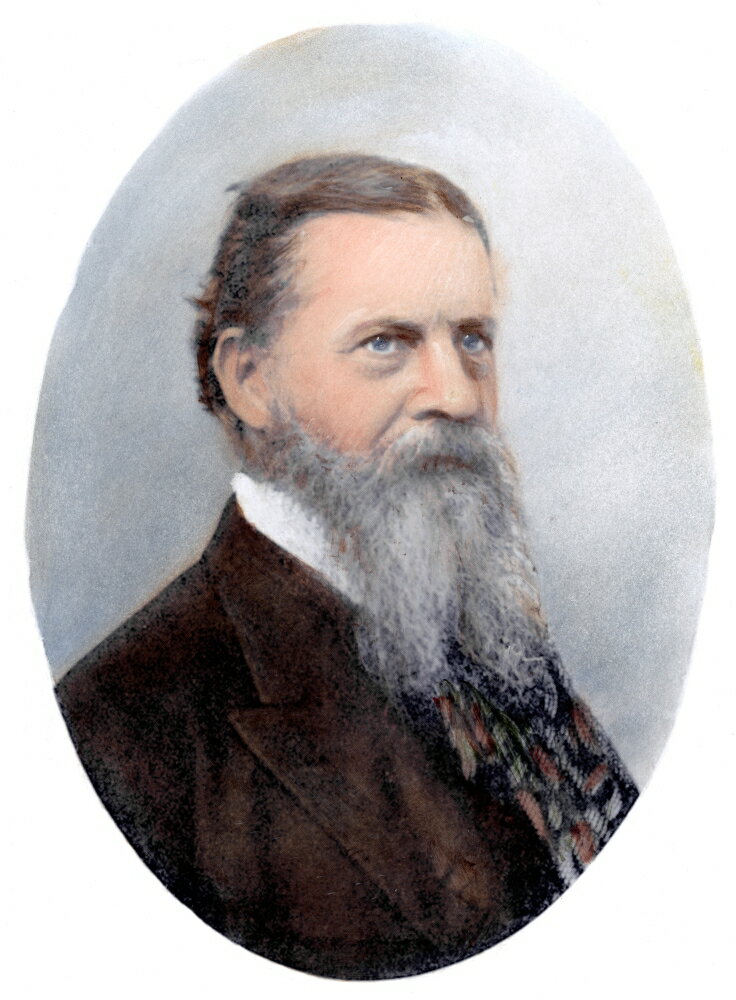
Posterazzi Charles Peirce (18391914) Namerican Physicist Mathematician And Logician Oil Over A
The Pragmatic Theory of Truth First published Thu Mar 21, 2019; substantive revision Mon May 22, 2023 Pragmatic theories of truth are usually associated either with C.S. Peirce's proposal that true beliefs will be accepted "at the end of inquiry" or with William James' proposal that
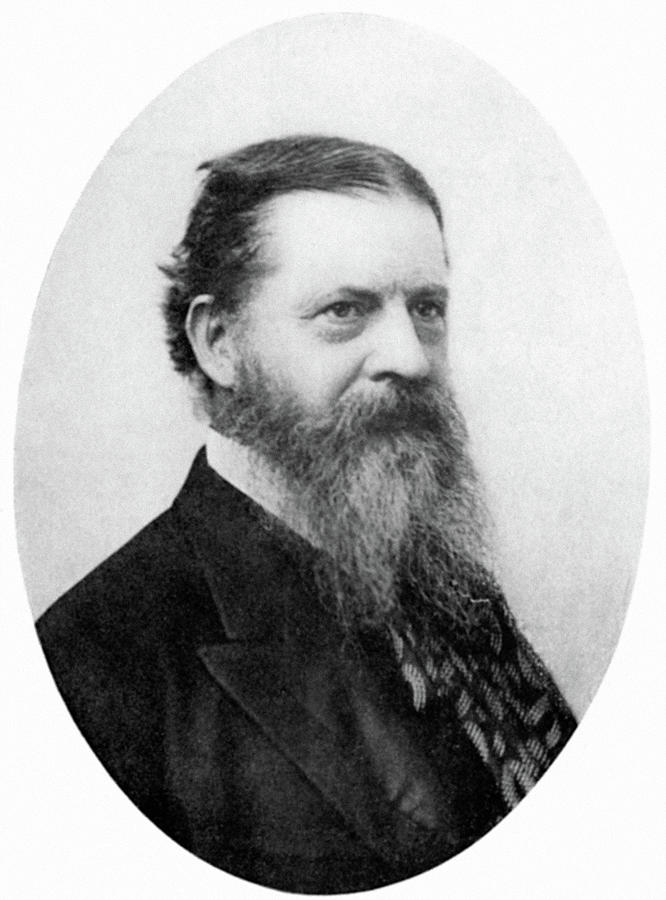
Charles Peirce (18391914) Painting by Granger
Vetlanda Municipality (Vetlanda kommun) is a municipality in Jönköping County, southern Sweden.The town of Vetlanda is the municipality's seat.. The municipality was created in 1971 when the City of Vetlanda (instituted in 1920) was amalgamated with the surrounding rural municipalities to form a unitary municipality. When Sweden's first local government laws went into effect in 1863, there.

Charles Sanders Peirce(18391914) philosophe et physicien américain. célèbre pour son système
Charles S. Peirce Popular Science Monthly 12 (November 1877), 1-15. I Few persons care to study logic, because everybody conceives himself to be proficient enough in the art of reasoning already. But I observe that this satisfaction is limited to one's own ratiocination, and does not extend to that of other men.

To my best belief just what is the pragmatic theory of truth? Aeon Ideas
Charles Sanders Peirce Charles Sanders Peirce (1839-1914) was the founder of American pragmatism (later called by Peirce "pragmaticism"), an extender of the Scotistic theory of signs (called by Peirce "semeiotic"), an extraordinarily prolific logician and mathematician, and a developer of an evolutionary, psycho-physically monistic metaphysical system.
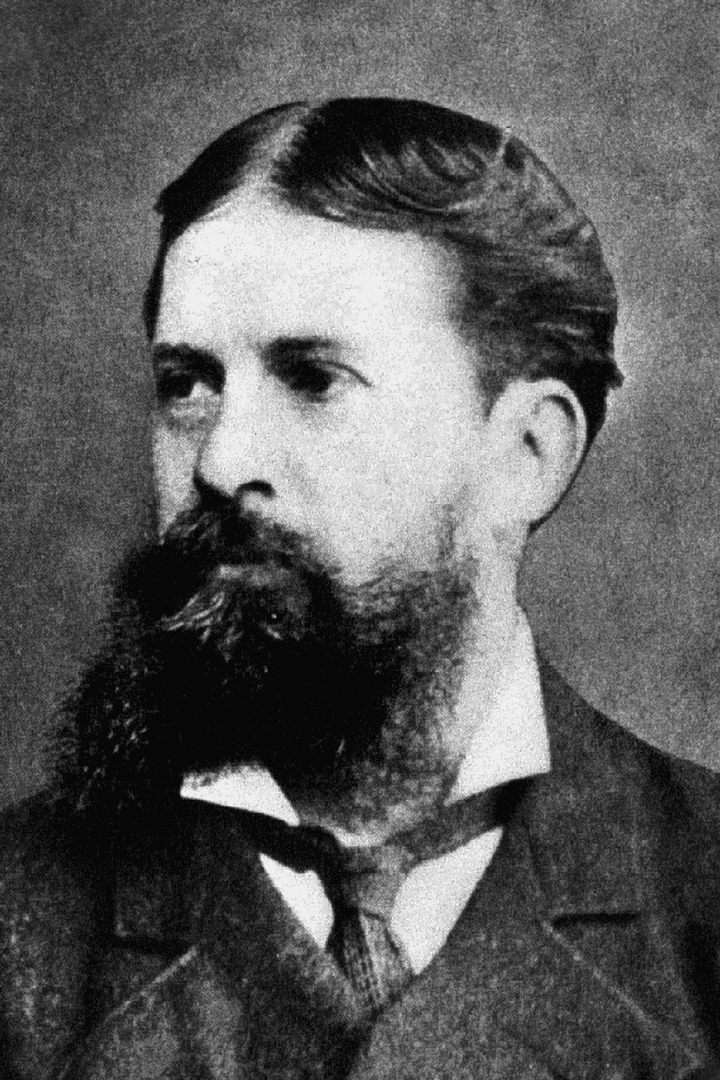
Semiótica (signo, lenguaje, comunicación) Las categorías según Charles Peirce
Charles Sanders Peirce Bibliography Pragmatism in epistemology Abductive reasoning Fallibilism Pragmaticism as maxim as theory of truth Community of inquiry Logic Continuous predicate Peirce's law Entitative graph in Qualitative logic Existential graph Functional completeness Logic gate Logic of information Logical graph Logical NOR

LENGUA, LENGUAJE Y HABLA Charles Sanders Peirce
WRECKSITE - TITANIC OCEAN LINER 1912-1912. went missing on Sunday 18th June. The sub carried 5 people (including the CEO of Oceangate) at the time and had only enough air for 70~96 hours. International rescue teams tried to help in the rescue effort, but on June 22nd, two cones and the tail was found, indicating that the imploded.
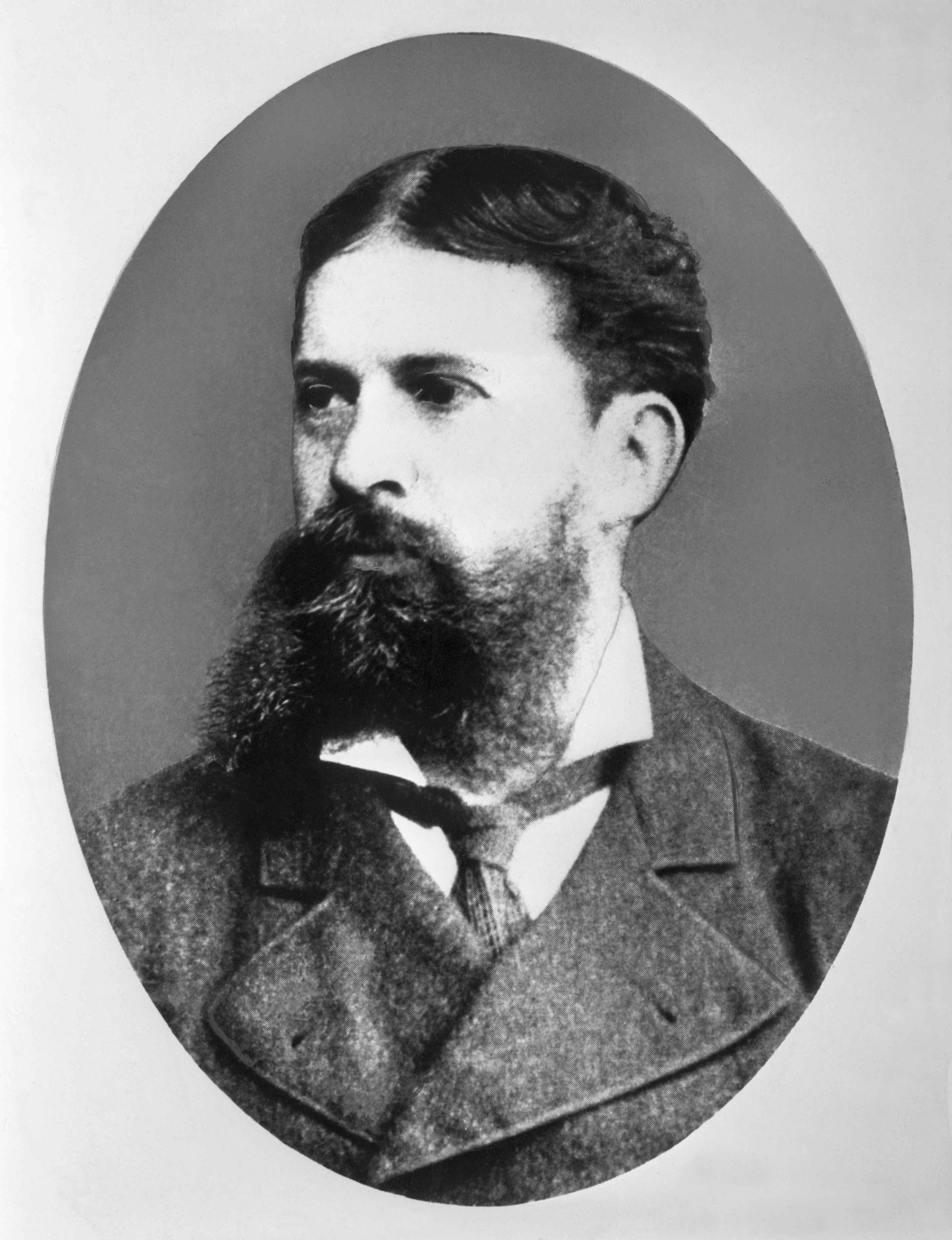
Charles Sanders Peirce e la semiotica pensiero e libri Studenti.it
Journal of Speculative Philosophy. Journal of Speculative Philosophy, 2 (1868), 103-114. Journal of Speculative Philosophy, Illustrations of the Logic of Science. Revue Philosophique de la France et de L'Étranger 7 (January 1879), 39-57. [email protected].

Semiótica Peirceana Resumo das categorias dos fenômenos
Charles Sanders Peirce (1839-1914) was an accomplished scientist, philosopher, and mathematician, who considered himself primarily a logician. His contributions to the development of modern logic at the turn of the 20 th century were colossal, original and influential.

Creencia y política Pensar
Across the course of his intellectual life, Peirce continually returned to and developed his ideas about signs and semiotic and there are three broadly delineable accounts: a concise Early Account from the 1860s; a complete and relatively neat Interim Account developed through the 1880s and 1890s and presented in 1903; and his speculative, rambl.

Charles S. Peirce, un pensador para la ciencia y la filosofía La Ventana Ciudadana
Charles Peirce. Charles Sanders Peirce (pronounced purse ), (September 10, 1839 - April 19, 1914) was an American polymath, born in Cambridge, Massachusetts. Although educated as a chemist and employed as a scientist for 30 years, it is for his contributions to logic, mathematics, philosophy, and the theory of signs, or semeiotic, that he is.

實用主義的創始人:查爾斯 · 皮爾士 每日頭條
One of the most creative and versatile intellectual figures of the last two centuries, Charles Sanders Peirce was a mathematician and a scientist, but is now best known as a philosopher, the founder of American pragmatism, and as a theorist of logic as semiotic ( a theory of how human experience grows by means of the mediating structures we crea.

Charles S. Peirce, un pensador para la ciencia y la filosofía La Ventana Ciudadana
Life & Times The life and times of Charles Sanders Peirce. Writings Hypertext editions of Peirce's writings. The Community of Inquirers Information about mailing lists, events, organizations and individuals concerned with Peirce and his ideas. Web site devoted to the works and life of Charles S. Peirce, American philosopher.

Charles Sanders Peirce, US philosopher Stock Image C026/4550 Science Photo Library
Charles Sanders Peirce Bibliography Pragmatism in epistemology Abductive reasoning Fallibilism Pragmaticism as maxim as theory of truth Community of inquiry Logic Continuous predicate Peirce's law Entitative graph in Qualitative logic Existential graph Functional completeness Logic gate Logic of information Logical graph Logical NOR
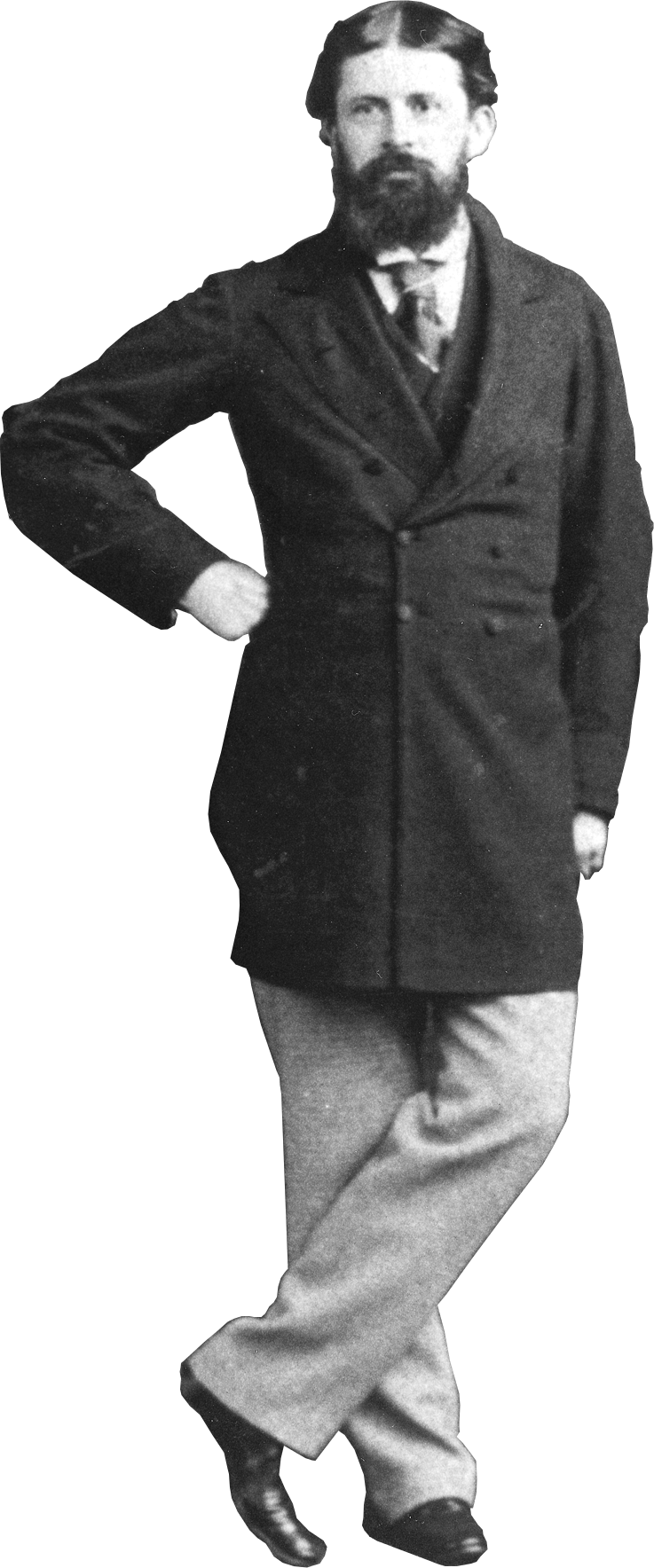
Peirce Edition Project
C.S. Peirce was a scientist and philosopher best known as the earliest proponent of pragmatism. An influential thinker and polymath, Peirce is among the greatest of American minds. His thought was a seminal influence upon William James, his life long friend, and upon John Dewey, his one-time student.

Charles S. Peirce (18391914), amerikansk geofysiker, der i de senere... Download Scientific
Charles Sanders Peirce: Pragmatism Pragmatism is a principle of inquiry and an account of meaning first proposed by C. S. Peirce in the 1870s. The crux of Peirce's pragmatism is that for any statement to be meaningful, it must have practical bearings.